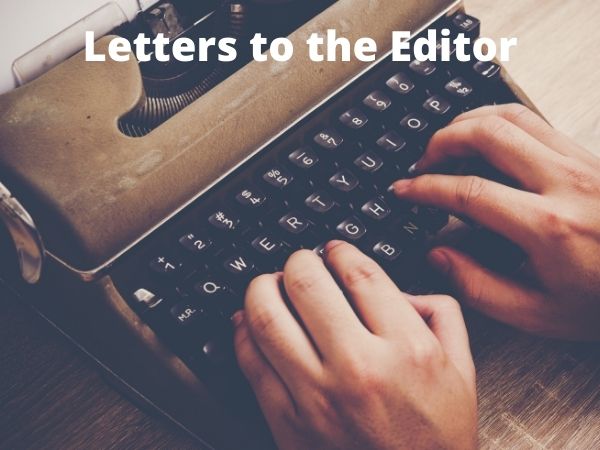A recent letter to the editor has ignited discussions about the importance of voting and its implications for the future of democracy in the United States. Gary Peterson, a resident of Cañon City, argues that abstaining from voting constitutes a form of political cowardice, particularly as the midterm elections approach. He highlights a perceived decline in democratic values, suggesting that this erosion began in the early 2000s and accelerated in the years 2010 and 2016 due to growing distrust in elections and the media.
Peterson asserts that political affiliations have become increasingly polarized, with one side striving to uphold traditional democratic principles while the other has shifted toward authoritarianism. He contends that those who support the current leadership under former President Donald Trump may align themselves with autocratic ideals. He challenges readers to examine their political beliefs and consider the implications of their support for the current administration.
In his view, the term “woke” has been misappropriated to undermine awareness of social issues, while “antifa” simply represents opposition to fascism. Peterson identifies himself as “antifa,” emphasizing his long-standing affiliation with the Republican Party and his commitment to its core principles, despite the party’s current trajectory.
The urgency of voting is underscored by Peterson’s call for action ahead of the midterm elections. He believes that rebalancing Congress is crucial to maintaining the integrity of democracy and reversing perceived damage. Voting as an Independent or with a party that aligns with one’s self-interests, such as healthcare and personal freedoms, is presented as a viable solution.
Concerns Over Federal Shutdown and Food Assistance
In a separate but related letter, Kenyon Jordan from Penrose criticizes Colorado Governor Jared Polis for not urging Congressional Democrats to resolve the ongoing federal shutdown. He references a report from the Denver Post warning that Colorado families could lose federally funded food assistance through the SNAP program if the shutdown persists after November 1, 2023.
Jordan questions the Governor’s level of concern for families facing food insecurity, suggesting that a more proactive approach could have been taken to pressure Democrats into ending the shutdown. He notes that this SNAP funding was included in a bill approved by Congress in July and challenges why action has not yet been taken.
These letters reflect broader societal concerns regarding political engagement and accountability. As the midterms draw near, the dialogue surrounding voting, party loyalty, and the impact of government actions on everyday lives continues to resonate among citizens. Peterson and Jordan’s perspectives highlight the critical nature of participation in the democratic process and the urgent need for effective governance.
